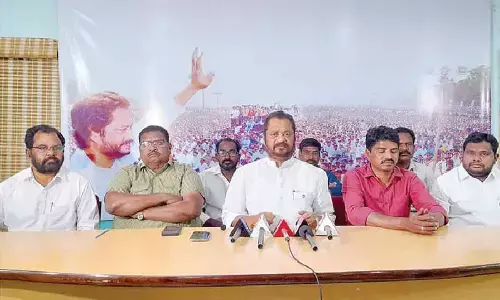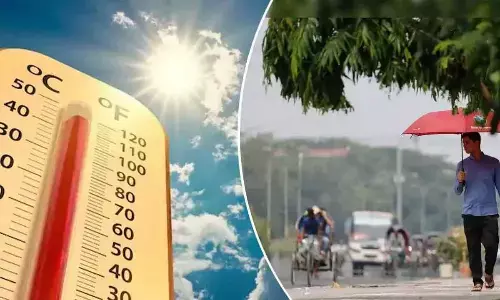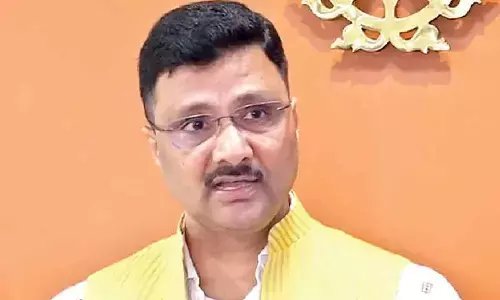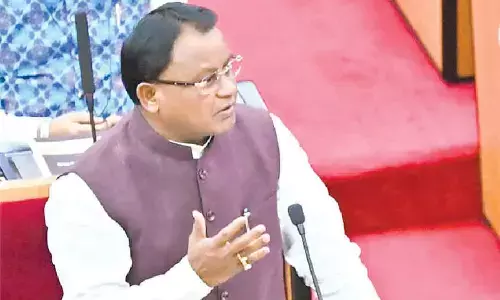Marks of a circular economy
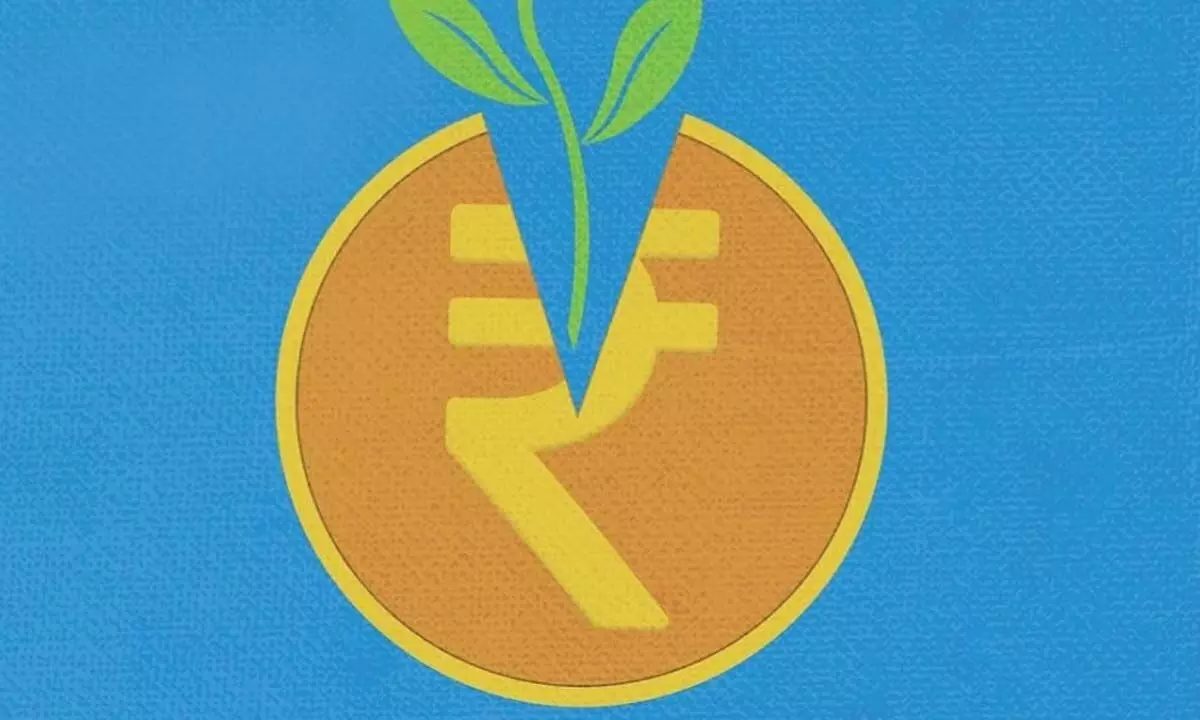
Marks of a circular economy
Budget 2023-24 provides clear shifts in programme direction that need to be applauded.
Budget 2023-24 provides clear shifts in programme direction that need to be applauded. The real test will be our ability to operationalise those shifts at speed and at scale
Union Finance Minister Nirmala Sitharaman in her Budget 2023-24 speech announced that the vision of the government is "green growth", which is being implemented through programmes for greening of fuel, farming, mobility, buildings and energy access. This, she says, will help reduce carbon intensity of the economy and provide large-scale job opportunities.
This year, like never before, there is no coyness about the imperative of energy transition. You may argue that it is still not clear how the budgetary allocation of Rs 35,000 crore for energy transition will be spent. But I believe that this budget provides us with seemingly disparate programmes, which when put together could be the needed game changers.
First, it provides impetus to biogas (produced using animal manure and traditionally promoted in rural India) and its advanced version, compressed biogas (also known as bio-compressed natural gas or bio-CNG).The finance minister has called for an investment of Rs 10,000 crore to set up 300 community- or cluster-based biogas plants and 200 bio-CNG plants; 75 bio-CNG plants will be built in cities.She has accepted that there is a need to rationalise the cascading taxes on clean fuel and has alluded to the possibility of a mandate on all natural and biogas companies to ensure that bio-CNG is bought and marketed.Second, she has provided funds for replacement of old and polluting vehicles of the central government under the vehicle scrappage programme.
Third is the budgetary focus on mechanical desludging of septic tanks and management of dry and wet waste. Stitch them together and you understand how the government is taking the idea of circular economy to implementation.
Take the issue of bio-CNG. The government programme Sustainable Alternatives Towards Automobile Transportation (SATAT) has projects on ground where companies use agricultural residue—largely rice straw, which is burnt by farmers in Punjab and Haryana—and city waste to manufacture bio-CNG.This gas is then used to run vehicles, including city buses. In cities, which are fast losing the battle to handle solid waste, bio-CNG plants can help reinvent waste management.
Our cities are running out of land for dumping waste and do not have the resources to pay for managing the ever-growing volumes of waste.The only option is to make wealth out of waste—which is what the finance minister stresses in her speech.But for the bio-CNG project to work, cities will have to learn the art of segregating waste at source. Bio-CNG plants need high quality organic (or wet) waste. We know that 40-80 per cent of the waste of any city is wet waste, but it gets mixed with plastic and other dry waste streams because we do not practice segregation at the scale that is needed.
So for bio-CNG plants, or for any other project that would process and add value to this "waste", cities would need to ensure that households segregate garbage and that city sanitation is designed to transport this segregated wet waste for processing. This is possible.
Indore, which has built India's first citywide bio-CNG plant, finds that selling the fuel to city buses improves the economics of sanitation management.
A byproduct of bio-CNG plants is fermented organic manure, which can be used as a bio-fertiliser.Taking this bio-CNG project to the next level has some challenges, the most important of which is to ensure standards for compost and fermented organic manure so that this byproduct is utilised and is paid for.This byproduct can ensure that the enormous subsidy to chemical fertilisers is reduced, if not removed.
This is also how the budget's directional shift to fund desludging of septic tanks—instead of only spending on building underground sewers—can add to the circular economy of waste. The human excreta can be transported for treatment and then the sludge be reused for manure. Budget 2023-24 says that 10,000 bio-input resource centres will be built for natural farming. It also has a programme to promote alternative fertilisers and "balanced use of chemical fertilisers", but it does not go far enough to create a level playing field for non-chemical fertilisers. Clearly, this is the agenda for the next budget.
Similarly, the vehicle scrappage programme has huge benefits for both air pollution and decarbonisation of sectors like iron and steel. It needs to be designed deliberately so that the most polluting vehicles—commercial vehicles like trucks—are phased out and replaced by much cleaner variants with Bharat Stage (BS) VI emission standards, being manufactured today.
The added benefit of this programme is that the steel scrap of the discarded vehicles can be utilised to reduce the carbon emissions of the steel sector. This is, again, a huge game changer, but needs to be done deliberately and at scale to make the difference.
So, Budget 2023-24 provides clear shifts in programme direction that need to be applauded. The real test will be our ability to operationalise those shifts at speed and at scale.
(Writer is Director General of Centre for Science and Environment (CSE) and the Editor of Down To Earth magazine. She is an environmentalist who pushes for changes in policies, practices and mindsets; Courtesy: https://www.downtoearth.org.in/)




